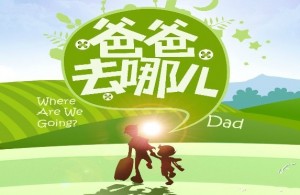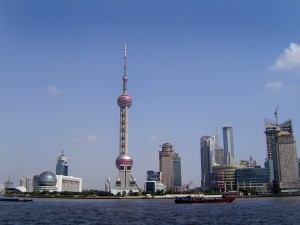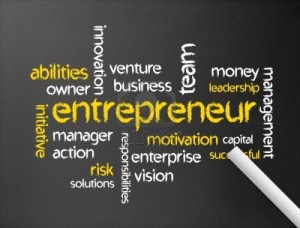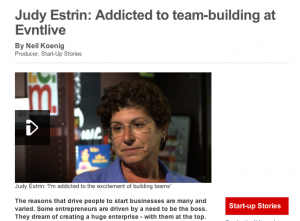Baba qu naer? (meaning “Where are we going, Dad?”) A Korean-style reality show about Chinese celebrity dads spending 72 hours with their young children in the countryside has become China’s latest television sensation. Not only has the show been leading the ratings, but its verified account on Weibo, China’s answer to Twitter, has also garnered more than a million followers and upwards of nine million comments. Its three episodes so far have attracted nearly five million views on the country’s biggest video-sharing website Tudou.[1]
This Korean-style show enjoys a huge success in China. Why can it achieve such huge success?
This is because Korean dramas and entertainment programmes don’t conflict with Chinese culture and values.
While searching for a potential market, culture and religion are really important elements. Dad, where are we going emphasize family, friendship, love especially fatherly love which often describe as heavy as a mountain in Asian culture. Fatherly love is always implicit in China so it cannot easily be found.
Helping people realize fatherly love is the main theme of the show and it is also the reason that it is so popular. Aiming at touching people’s heart, who can get rid of it once starts watching?
Video 1: Dad, where are we going
Music Video: Dad, where are we going MV
Reference: [1] China’s most popular reality shows come from South Korea







